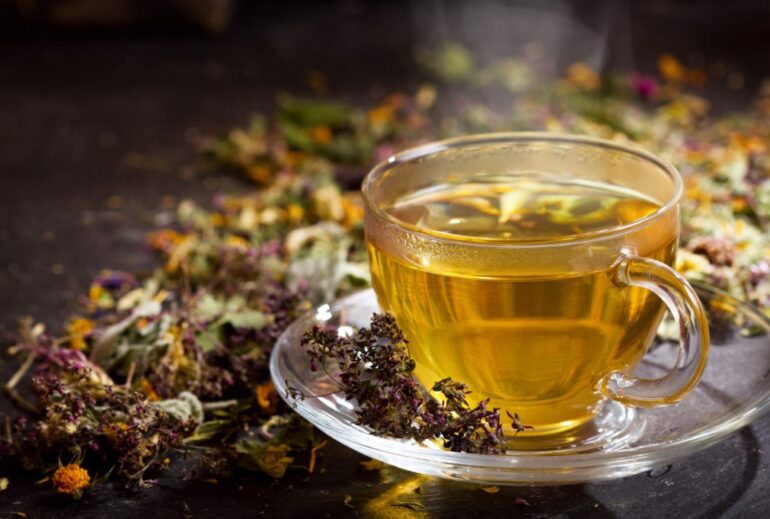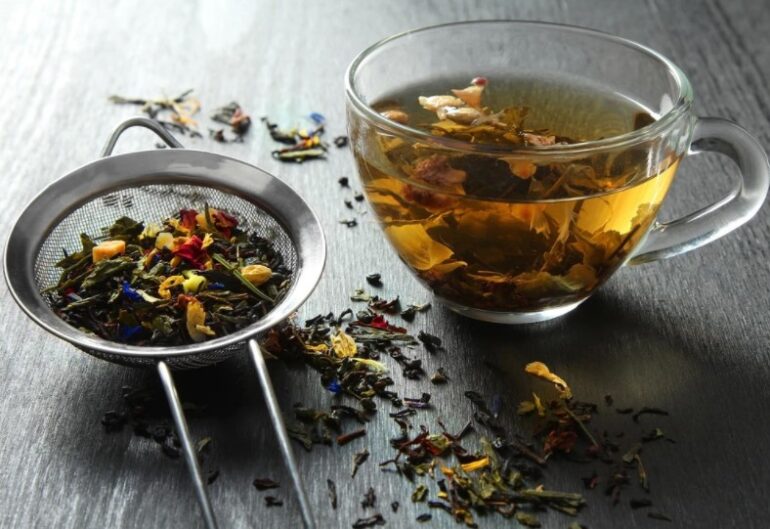Even if they wanted to, people could never disprove that natural remedies can do you a lot of good. In some instances, a natural remedy could even bring forth better results than the actual modern-day medicine, depending on what you are using it for, of course.
However, being intentionally blind to alternatives other than natural remedies is as bad as completely dismissing it. You see, just because alternative medicine can be beneficial in various situations does not mean it does not come without its risks.
Even though it is entirely natural, you still have to be cautious when you decide to try some of it out, and that is precisely why we are here today. To help you gain a better understanding of natural remedies and other similar approaches and practices, we’re going to try to inform you of the aforementioned risks and try and explain to you why you should be cautious when using natural remedies. Let’s begin.
1. Not Enough Information

We’ve all heard stories of herbal teas and other kinds of remedies that can help you with this and that. The thing is, that’s all there is to it – we’ve just heard about it. Even people, who have told us about it, have just as well heard about it from someone else. The stories about these natural remedies have been a thing of folklore in many different cultures, and while we’re not saying that the stories are untrue or false, we are saying that there is just not enough information to back up all those claims you’ve heard about.
The sad truth is, there hasn’t been enough research on these topics, and scientists haven’t put enough effort into researching and testing these claims and beliefs, which is why we don’t have enough evidence to support any of this. Why is that the case, we can speculate all we want, but the truth is that we simply don’t know enough about natural remedies.
When you try and read up on some of them, you will often see something along the lines of “there’s not enough scientific evidence to support any of these claims”, and that is the truth. To be fair, sometimes, it is not the lack of research that leaves us stranded for evidence. Sometimes those claims are just bogus.
But why should this be a reason for caution? Well, there are two main reasons. Number one – you can’t be sure that anything good is about to happen. And number two – you can’t be sure nothing bad is not going to happen, which leads us to our next point.
2. Possible Side Effects

There is more than one reason why all mainstream-medicine drugs come with a clear set of instructions inside the box. One of the reasons are possible side effects, and if you’ve ever taken the time to read the piece of paper that comes along with drugs, you’re going to notice an array of possible side effects associated with each drug.
The same thing applies to natural remedies. Every single herbal concoction, no matter how beneficial, can also cause you problems, but the biggest problem of all is that you are most likely not aware of it. According to healthyenergyamazinglife.com, possible side effects could range from mild to severe with pretty much any natural remedy.
You could end up with a mild skin rash, redness, itchiness or something along those lines, but you could also end up having a severe allergic reaction that could even result in death. While it is true that all of these could also be caused by any mainstream medicaments – at least you’re warned beforehand.
3. Unknown Dosages

Another problem that we often encounter with natural remedies, which should be a significant reason for caution, is unknown dosages. That is a real risk you’re dealing with, even if you are not aware of it.
There are no recommendations as far as dosing is concerned with most of these. Even when we’re talking about many-times-over tested natural remedies, such as Uva ursi tea for UTIs, we still don’t know just how much tea we should drink. Most of the time, the recommended dose for Uva ursi tea is “as much as you can”, and that’s just ludicrous if we’re being completely honest.
The main reason why Uva ursi tea works is because of a compound called Arbutin, which has an antibacterial effect on E. coli, but if you were prescribed an antibiotic for a urinary tract infection – you wouldn’t take ten pills a day, wouldn’t you? Granted, not many bad things could happen from drinking “as much as you can” Uva ursi tea each day, but with some other remedies, things could go south pretty quickly.
4. Interaction With Prescription Drugs

Most people don’t think twice about mixing prescription drugs with natural remedies because they’re led to believe that natural remedies could do you no harm. That couldn’t be farther away from the truth. Even if you’re taking something you believe to be absolutely harmless, you still have to disclose it with your physician before they prescribe you some kind of medication.
Here’s an example. Let’s say you’re taking Ginkgo biloba, a common natural remedy that’s sold over the counter as a supplement. Ginkgo biloba contains powerful antioxidants and is said to help with blood circulation and improve cardiovascular health, as well as help fight inflammation, reduce anxiety, help with depression, improve concentration and brain function etc.
Now, what Ginkgo biloba also does, that you probably aren’t aware of, is cause your blood to clot slower, much like a blood thinner would. For that reason, Ginkgo biloba should never be taken alongside supplements like fish oil, but more importantly, it should never be taken with over-the-counter drugs like ibuprofen or aspirin, as they too are blood thinners. Combining the two could cause bleeding or make it much harder to stop the bleeding in case of an injury, which could possibly lead to a fatal outcome.
Final Thoughts
One thing we want you to understand from all of this is that we’re not saying natural remedies are bad, as that is not the case. As we’ve said, natural remedies have proven to be beneficial many times over, and that is something no one can disprove.
What we’re saying is that you have to be a bit more careful with them. Don’t believe in fairy tales about the outlandish properties of a never-before-seen, rare Amazonian plant or think that cannabis could magically cure cancer just because it could help you cope with it. Be smart, cautious and a tiny bit skeptical, and you should be alright.
